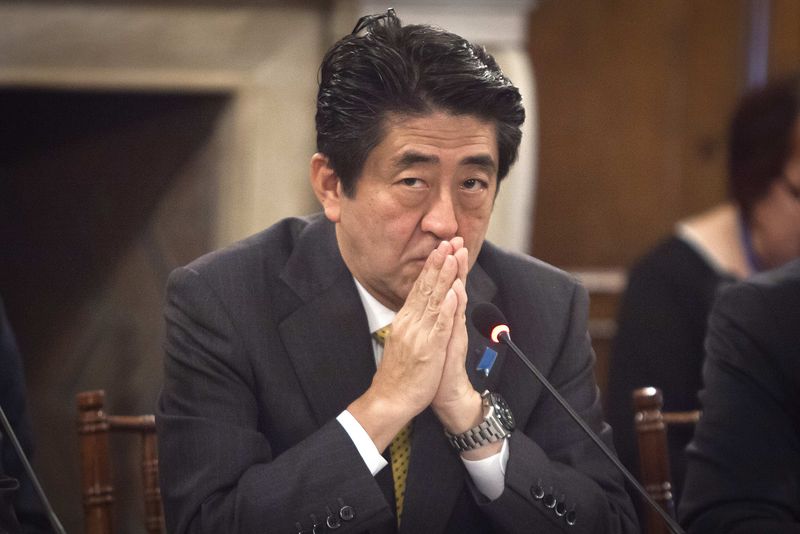(Bloomberg) -- The U.S. says it wants a currency clause in any trade agreement with Japan. As the two sides prepare to sit down, Japanese officials say there is no need to talk about currencies.
Masatsugu Asakawa, the nation’s currency chief, has indicated opposition to a currency clause, saying recently that the link between the yen’s exchange rate and Japanese exports has been "severed."
With President Donald Trump often focused on exchange rates, the U.S. got a currency clause in its revamped trade deal with Canada and Mexico and is said to be seeking one from China now. From the U.S. point of view, Japan is next.
How the U.S-Japan talks play out on currencies could determine how much freedom the Bank of Japan has during the next economic downturn. A currency clause could tie the BOJ’s hands, preventing it from taking action that might weaken the yen, even indirectly.
Asakawa’s statement is part of a strategy to argue that the BOJ’s monetary easing is not aimed at increasing exports, said Bloomberg Economics’ Yuki Masujima.
Private economists in Japan and the central bank also say the correlation between the yen’s exchange rate and the nation’s exports has weakened significantly since the global financial crisis.
Japan hasn’t directly intervened in currency markets in years. But under Governor Haruhiko Kuroda, BOJ stimulus helped dramatically weaken the yen, so it won’t be easy to convince the U.S. that currencies don’t matter so much anymore.
No date has been set for U.S.-Japan talks to begin. Japanese economy minister Toshimitsu Motegi said last week that he wanted them to start as soon as possible. His counterpart, U.S. Trade Representative Robert Lighthizer, recently said he feels “real urgency” to start the talks and that he will likely visit Japan this month.
The yen-exports breakdown partly reflects Japanese offshoring. In the fiscal year ending March 2017, 24 percent of all goods produced by Japanese manufacturers were made overseas, according to the trade ministry.
Still, a weaker yen during Kuroda’s tenure has helped drive Japanese corporate profits to record levels. Overseas earnings buy a lot more yen once back home. The resulting cash piles improve competitiveness, giving companies a buffer during downturns and more capacity to raise productivity through research and development.
Though rarely stated by the BOJ, a weaker yen is also key to its efforts to return the economy to sustainable growth, partly by supporting inflation.
The U.S. is almost certain to stick to its demand for a currency clause, maybe even one that specifically restricts BOJ policy, said Tsuyoshi Ueno, senior economist at NLI Research Institute’s economic research department.
Trump called Japan a currency manipulator during his election campaign and his administration is “unlikely to listen to reason,” Ueno said.
